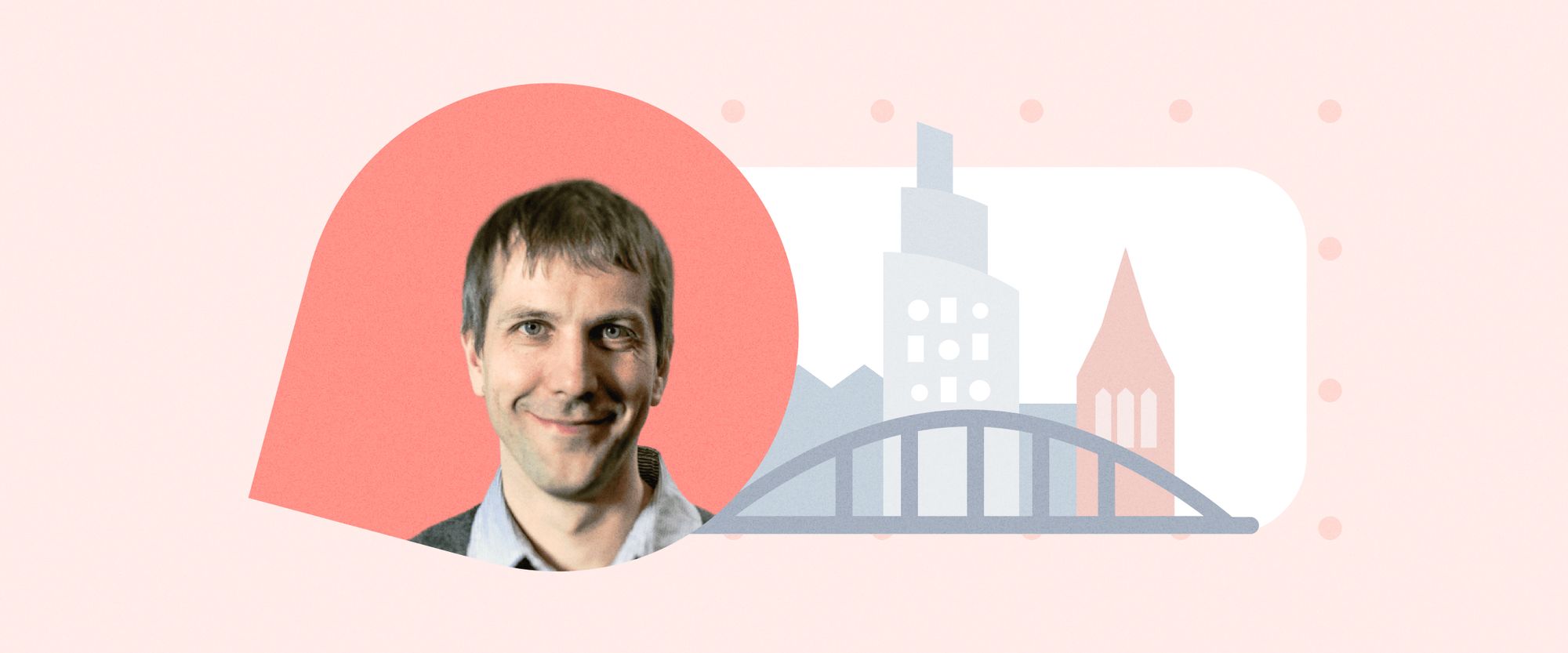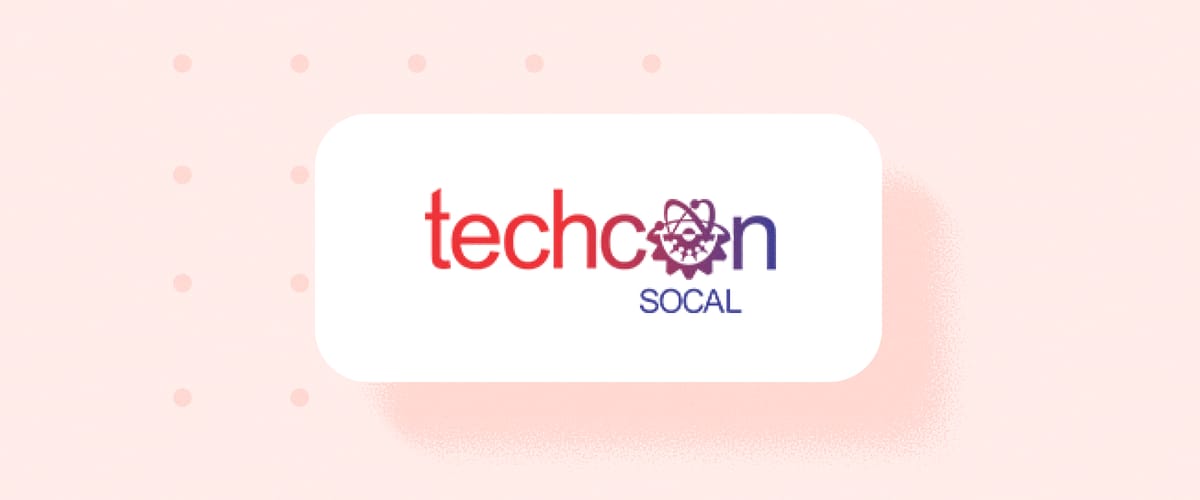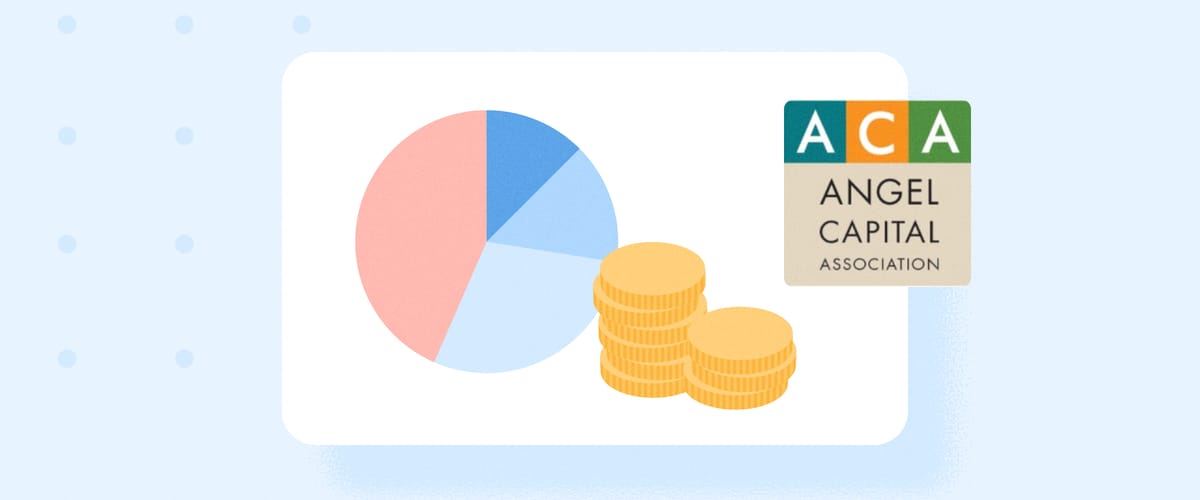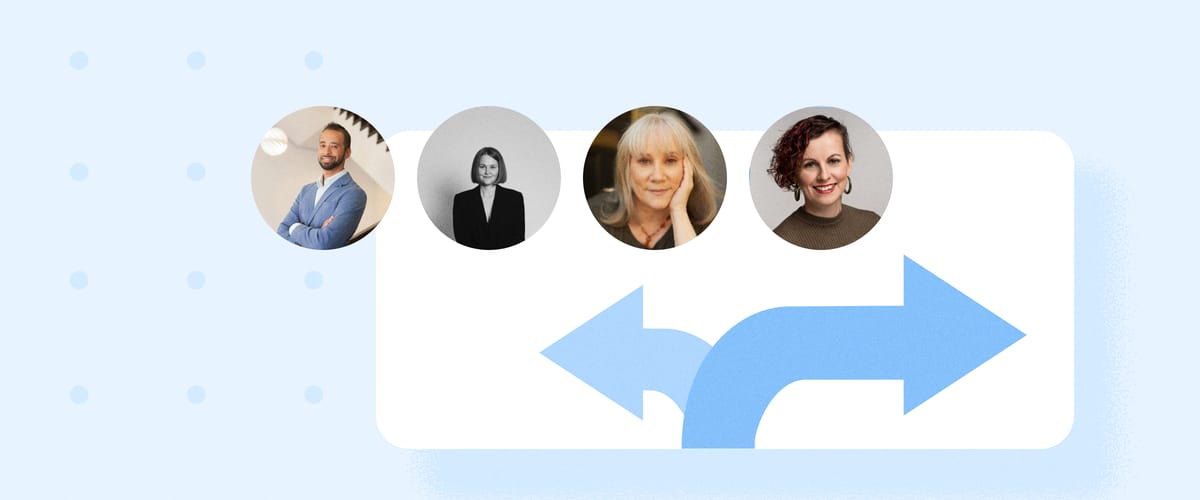As we are celebrating Dealums’ 6th birthday, Rein Lemberpuu, the co-founder of Dealum, speaks about the Tartu startup ecosystem and why he believes it’s the best place for great ideas and successful startups (and, of course, for Dealum). Rein has been a key player in the Tartu startup scene helping it grow through startup hubs, investments, and founder programs. In this interview, he shares his insights on the evolution of the ecosystem, the strengths and weaknesses of the startups that have emerged, and his vision for the future of Tartu as a hub for startup innovation.
Could you share with us how you first got involved in the Tartu startup community and what motivated you to take an active role in it?
My journey in the Tartu startup community began after I exited Playtech with Rain Kivisik [editor’s note: the second co-founder of Dealum]. Together, we purchased the sTARTUp Hub building in the Tartu city center, initially looking for office space for our own team. However, since the space was too big for our team alone, we decided to share it with other startups. I first announced this at a Tartu startup ecosystem gathering held at Sportlyzer's office, where I met Triin Kask, who was interested in starting a coworking space. Although she ultimately received another offer, she introduced me to her sister, Karin Sepp, who took over the coworking space project. From there, we began to build relationships with other startups and invited them to our space. Shortly after, Andres Kuusik approached us with the idea of organizing sTARTUp Day event.
I took a more active role in the ecosystem to develop relationships with other startup founders, as this was very supportive for me to learn from others' experiences.
Your collaboration with Rain has brought about significant developments in Tartu, including the establishment of two office buildings with coworking spaces (sTARTUp HUB and SPARK Hub), investments in 40 startups, the founders' development program Cocoon, initiation of sTARTUp Day business festival, and the creation of Dealum. What are some of the most significant challenges you have faced throughout this journey?
One of the most significant challenges we have encountered in Tartu is the scarcity of startups. This means that organizing community events requires extra effort to attract enough startups to make the event successful.
Additionally, convincing people to come to Tartu for events has been a challenge. When we first started organizing events in Tartu, people from Tallinn [editor’s note: the capital of Estonia] would question why anyone would bother making the trip. However, this is changing and by now we have successfully broken that attitude.
Foreign visitors don't seem to see the distance as a challenge, for them, it's normal to travel a few hours from an airport to reach a city. Breaking the mindset that Tartu is too far for hosting events has been a significant obstacle and we continue to work on it. I remember organizing the first investors' day in Tartu, which also served as EstBAN's 5th-anniversary celebration, and they were confused as to why anyone would come to Tartu. This was about five years ago, and we've come a long way since then.
You have spent your whole life in Tartu, what motivates you to stay here?
I have never understood why you need to go somewhere else to achieve something. This mindset means putting power outside of yourself, and I have never seen the need for that. For me, staying in Tartu provides a unique advantage because I can make big things happen in a small city, which makes it all the more special. Tartu has its own story, and I love being a part of it.
If people can create a place like Las Vegas in the middle of the desert, then I am confident that we can create anything we want here in Tartu.
How has the Tartu startup ecosystem evolved over the years and what are its strengths and weaknesses?
In the early days, the Tartu startup ecosystem was driven by a handful of passionate individuals who took the initiative to make things happen. These initiatives eventually gave way to formal organizations, such as the NGO sTARTUp Day, which now serves as a community organizer in Tartu.
There are many more structured organizations within the ecosystem, such as the Tartu Centre for Creative Industries, Tartu Science Park, Tartu Biotechnology Park, the University of Tartu and its Entrepreneurship and Innovation Centre, and the Tartu City with their Department of Business Development. While there may be fewer individuals with the same level of enthusiasm as before, the ecosystem has become more professional and structured.
One of the strengths of the Tartu startup ecosystem is its close-knit community, which fosters collaboration and innovation. Additionally, Tartu's vast amount of strong educational institutions, such as the University of Tartu, provide a steady stream of talented individuals who are eager to join the startup scene.
However, one of the challenges the ecosystem faces is the relatively small size of the city, which can limit the pool of potential customers and investors. To overcome this, the ecosystem must continue to expand its reach beyond Tartu and establish connections with other regions and countries.
What are some of the most exciting startups or innovations that have emerged from the Tartu ecosystem in recent years, and what sets these companies apart from others in the market?
There are probably some new innovations I am unaware of from recent years. Nevercode (now Codemagic) idea is really cool — coming from a software background, I understand its appeal to IT people and innovativeness. Regular people notice innovation more when it’s a hardware product or medical breakthrough.
The closest innovation for me personally is .Cocoon Program, as there is no other like this in the world. This program offers a comprehensive approach to the development of startup founders and has already produced many successful alumni. Overall, the Tartu startup ecosystem continues to produce inspiring and innovative companies and I am excited to see what will emerge next.
Looking to the future, where do you see the Tartu startup ecosystem heading over the next 5-10 years and what steps will be necessary to continue growth and success?
There is a difference between where it will probably go and where it could potentially go.
I think Tartu will develop in a more traditional way — the community and events environment will continue to grow, leading to more startups and development. The ecosystem will become more standardized with support organizations striving to be more like traditional institutions. While there's nothing wrong with quality and standardization, there's also the potential to be unique and special that might get lost.
The ecosystem currently has a mix of young organizers who strive to be the best and older institutions like the city and university. As a result, Tartu is likely to become a high-quality ecosystem away from the noise of bigger cities, where people can easily work on their dreams in a peaceful, green environment.
Despite this, Tartu's potential is tied to its history as a university city that has produced numerous innovations and discoveries. The city could leverage this legacy to become a hub for testing new innovations and inviting innovators from all over the world to create new learnings and knowledge here. Much like how Estonia became a leader in digital innovation, Tartu could become a center for startup and leadership innovation.
Learn more about Dealum's story and purpose
We're improving the way business angel networks and investor groups manage their operations and collaborate
Learn more






